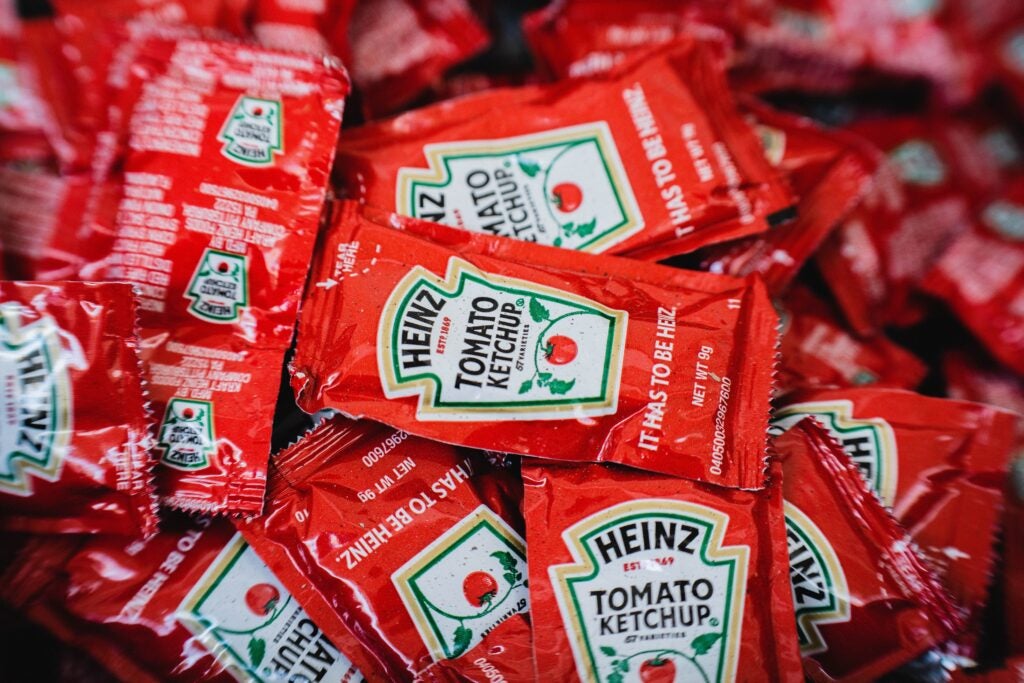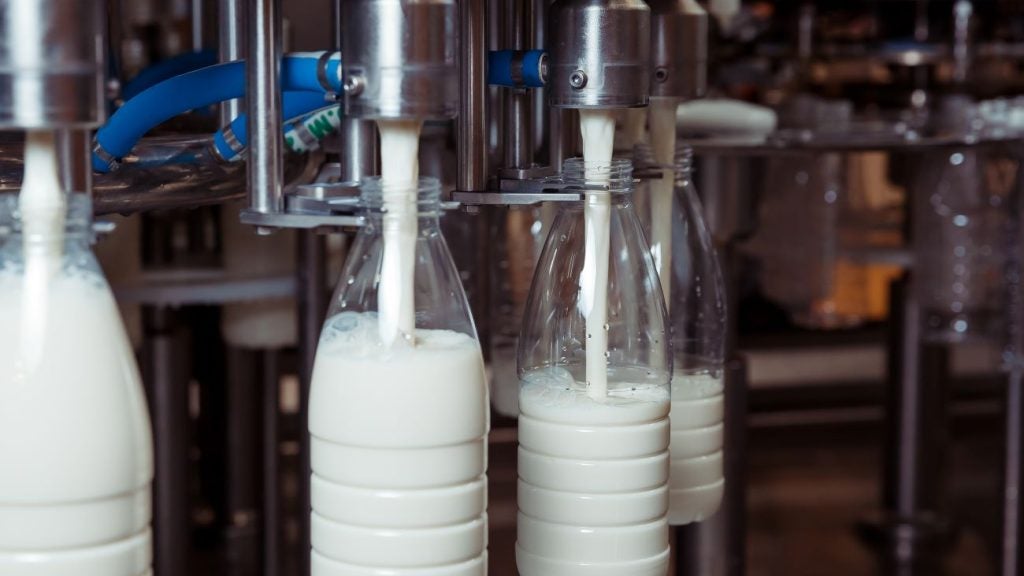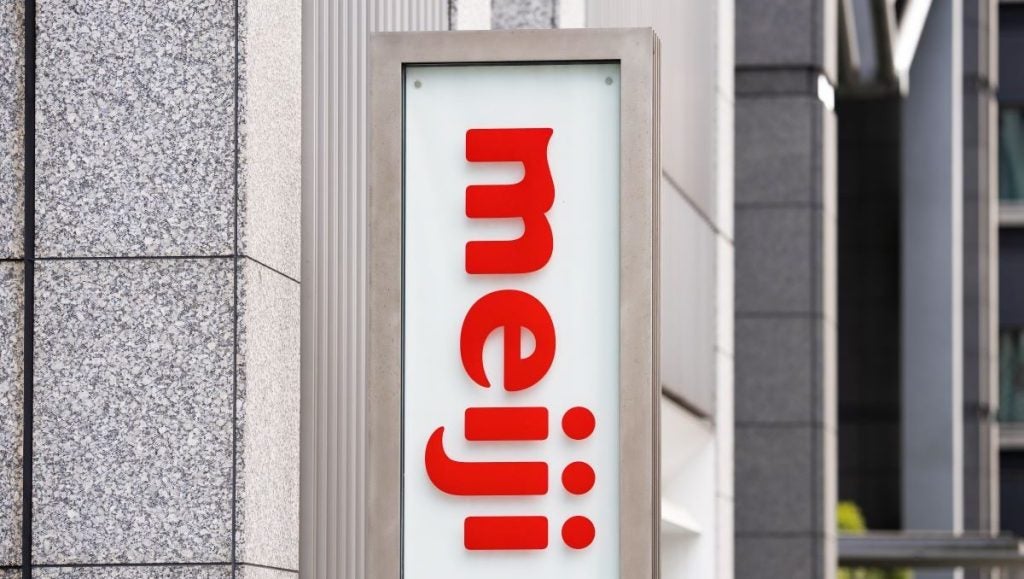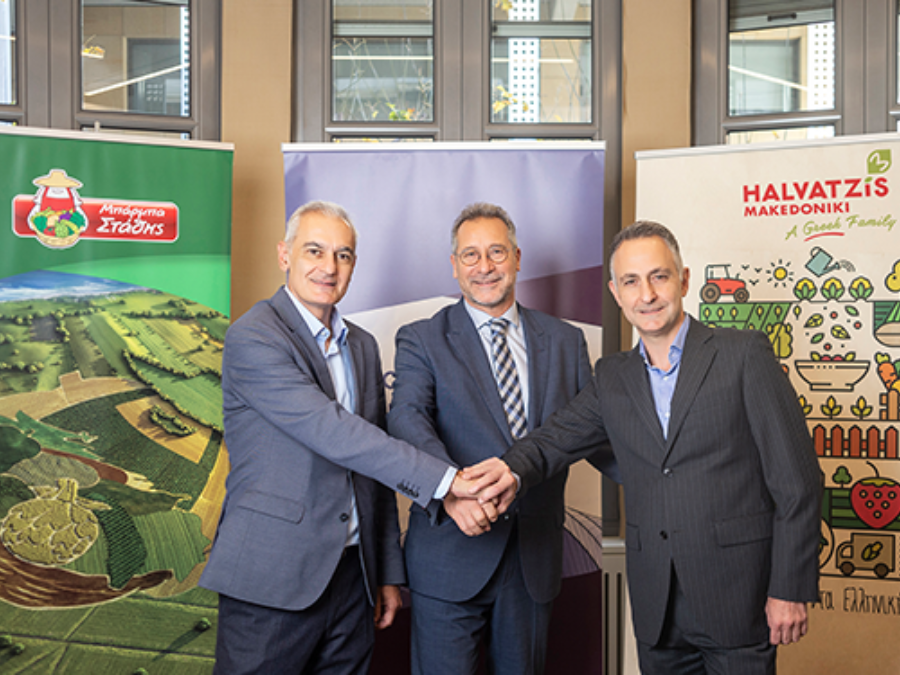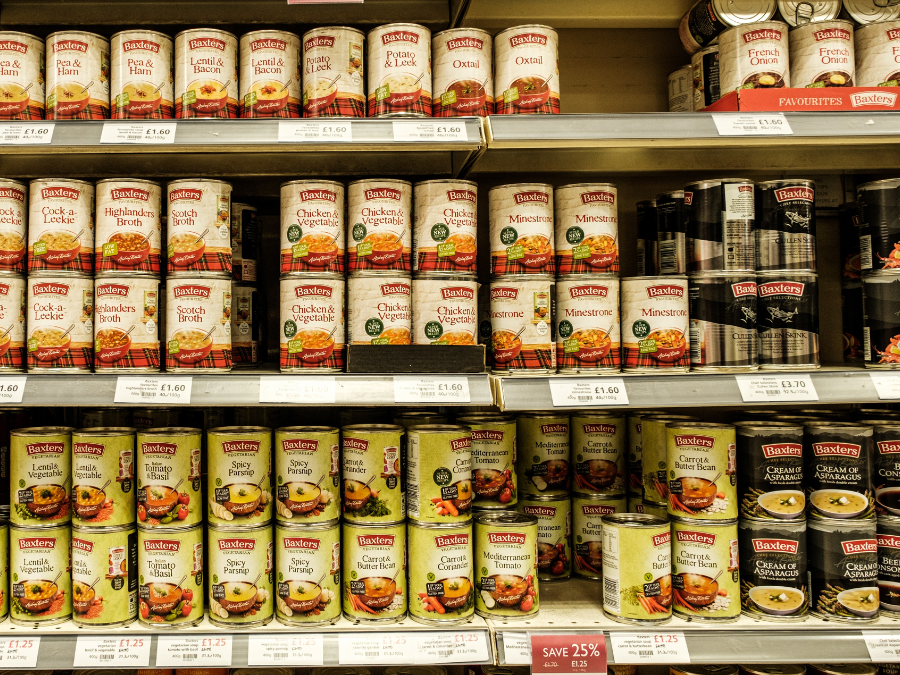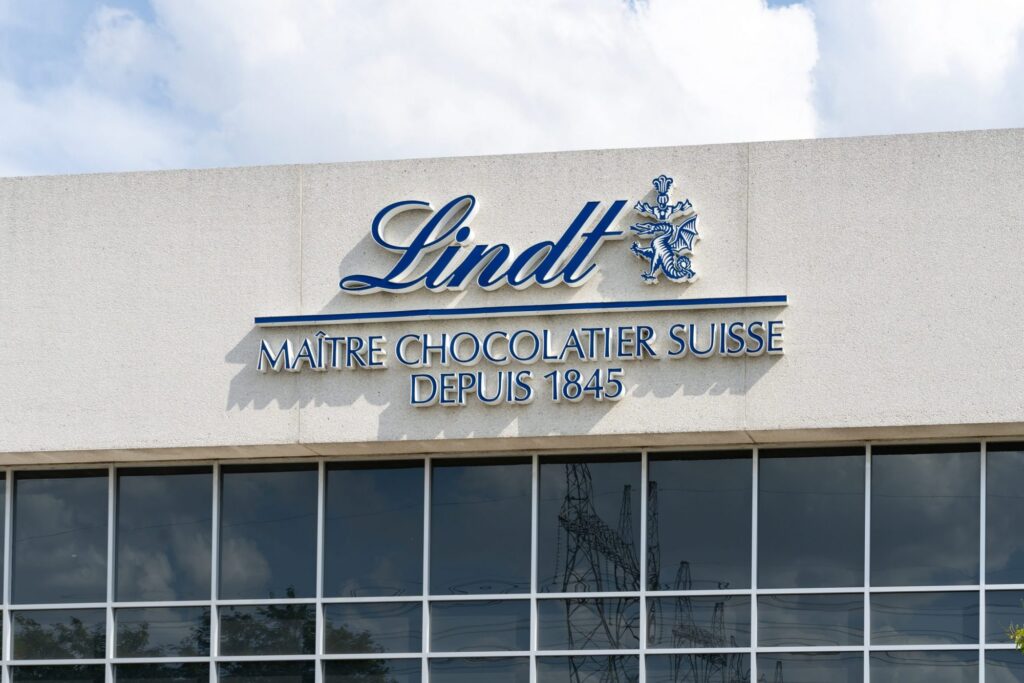A report has accused some companies, including food major Kraft Heinz, of “amplifying inflation” through excessive prices.
UK-based think tanks IPPR and Common Wealth suggested “dominant companies” are making "excess profits" by hiking prices by more than might be necessary to combat higher input-cost inflation, bloating their profit margins.
Aside from Kraft Heinz, the think tanks mentioned US agri-food giants Archer Daniels Midland (ADM) and Bunge, as well as multi-national businesses in other sectors.
Greedflation is a term that has become increasingly prevalent in recent times, often levelled at packaged food manufacturers and grocery retailers, accusing them of profiteering unnecessarily from pricing.
In July, UK consumer group Which? called for government action on grocery inflation but in the same month UK regulator the CMA suggested food retailers were not guilty of profiteering amid inflation.
In its report, the IPPR and Common Wealth said: “Many large international companies were able to comfortably increase prices during the global inflation period, protecting or even driving up their profit margins, while ordinary families saw their real incomes wither away.”
The report added: “Such companies have been able to protect their profit margins or even increase them - setting prices higher than are socially and economically beneficial, and so generating ‘excess profits’ - through a combination of high market power and global market dynamics.”
IPPR and Common Wealth analysed the financial statements of 1,350 companies listed on the stock markets of the UK, US, Germany, Brazil and South Africa.
They discovered nominal profits averaged at least 30% higher at the end of 2022 compared to the end of 2019 (pre-pandemic).
It highlighted tomato ketchup and soup heavyweight Kraft Heinz, which according to the report saw its annualised profits rise from £265m ($333.3m) to £1.8bn in that period.
It reported that ADM’s profits increased from £1.4bn to £3.16bn.
The report said: “A rise in nominal profits need not imply that firms have raised their profit margins - for many it is the result of passing on their higher costs to consumers, maintaining the same degree of profitability (as a percentage of nominal sales) - while squeezed wage earners across the economy took losses.
“But there is evidence that some stock market-listed firms not only protected their margins but also increased them, not only passing inflation on but further amplifying it.”
The market power held by a small number of companies can be a significant factor in profitability, the researchers suggested. They found that, in the UK, 90% of nominal profit increases during this period occurred in only 11% of publicly-listed firms. Many other companies experienced a reduction in profits.
IPPR and Common Wealth have urged policymakers to deploy a “much broader range of policy tools to dampen inflation caused by external shocks and prevent a repetition of such behaviour by powerful companies”.
These should include a new international approach to taxing excess profits and a new direction for competition policy, to stop overly powerful companies from taking advantage of economic emergencies and to help stabilise markets, they suggested.
Carsten Jung, senior economist at IPPR, said: “Our research finds that markets aren’t working efficiently, enabling large companies to make profits that likely amplified inflation. This has made the cost-of-living crisis worse for most people, and for many smaller firms across the economy.”
He added: “We should be scrutinising the role profits have played in amplifying inflation.”
Just Food has asked Kraft Heinz, ADM and Bunge to respond to the think tanks’ claims, outside of US office hours.


